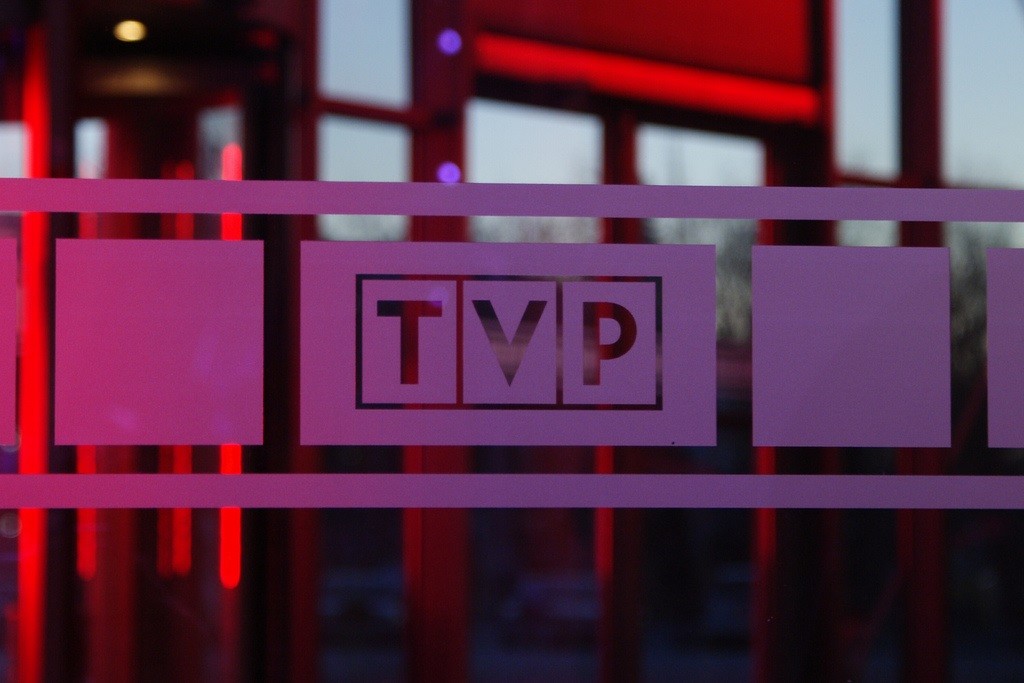PLN 15 (approximately EUR 3.5) monthly for each electricity meter not as a subscription fee but as a common tax is an actual quality change. Do you agree with this idea? If not, what could be other ways of financing public media?
In general, there are two possible ways of financing public media: from the state budget or by subscription fees. Historically, Poland has adopted the subscription fee model, which I believe is a good idea – although, there are, of course, some difficulties with collecting it. Now, Law and Justice adopted one of the possible solutions to the problem which was long suggested by various groups, for example Civic Congress of Public Media (Pl. Kongres Obywatelski Mediów Publicznych) of which I was a member. I believe that it is a good solution. If Law and Justice manages to reach an agreement with the broadcasters, I see no problem. Needless to say, it is not a big sum if we compare it with European standards. Polish public media are still going to be much poorer than those in Germany, Great Britain or France and it will still be an uneaven cultural competition. Our country is poorer, we pay less attention to culture therefore it somehow fits the description of Polish specificity.
National Media Council is to take place of the National Broadcasting Council as far as the content-related supervision is concerned – what are the advantages and drawbacks of this change?
The are two aspects of this change. First of all, it will separate the regulatory role over the entire market from the coordinating role of public media. Such a model makes sense to me, I have nothing against it. I believer that it is actually a good idea – regulating means regulating, it deals with the entire market, frequencies, seting universal standanrds. Public media have their own agenda and as such they must be a separate institution, that’s understandable.
Secondly, there is the matter of how the members of the Council are appointed, which is scandalous. It is the implementation of a purely partisan policy to such an extent that it is impossible to be a part of it – according to the Act – if you are a member of an opposition party. This already shows the faulty logic behind the Act, according to which, we no longer have public media but state media instead – or to be frank, simply party media. Here lies a huge problem.
It could be easily solved by, for exampe, requiring that the Parliament, Senate and president choose their representatives from among the people put forward by apolitical civic institutions – eg. senates of the three biggest Polish universities – and moreover, by enabling representatives of the civic society to join the Council. There are various possible ways of dealing with this issue but the most important thing is to stop appointing cronies and making the “right” political affiliation the only requirement. And that’s, unfortunately, what is going to happen.
The project does not assume any limitations of comercial activity of media institutions (apart from the potential internal regulations), the subscription fee will generate a budget of approximately PLN 2 billion. Will this not affect the honest competition on the tv commercials’ market?
It’s not only about television since the market of tv commercials is a benchmark for the entire market. So far it determined the entire code of reaching the target audience of a given commercial. So if the public media lower the price for commercials, this will further have a detrimental effect – as it has always been – on the print media. This is one of the typically Polish problems addressed to many years ago but not less valid now: public media, having the financial support of the state in the form of budgetary supplements, supply the entire market of advertising and commercials.
As for the lack of limitations – of course, all of the existing sivic projects featured a written regulation introducing such a limitation for various reasons, also in order to protect other, non-state media. It was a big issue a few years ago. Now, not that much. Jacek Kurski caused a situation in which the public media – TVP (Polish national tv broadcaster) – have less than 10% of market participation and if the government continues to pursue this route, it will soon reach the level of 4-5% and then it will not have any real influence on the market. Besides, in the light of the current policy, it will be already a very specific audience, strongly profiled and so less people will be willing to buy advertising time. It is a part of a certain process – if these media were strong, it would pose a big problem which could serve as a means of putting political pressure on commercial media. In such a situation, it does not really matter.
Social Councils for each institution will be formed by the National Media Council. Who will be their members?
According to the model put forward by Law and Justice, these councils will consist of people from the party, that goes without a question. They are not going to give up on this. Most probably, they will seek people who will appar less controversial but the question is who would those people be – it will also always involve some kind of access to information and apart from that they can be easily dismissed. I think that there is no point in wondering about it at this point. I still hope that Law and Justice will come to senses at least partly and introduce such methods of appointing the members of the National Media Council which will make the entire process non-partisan, since it is truly scandalous. If not, let them play on their own.
The article was originally published at liberte.pl
Translated by Olga Łabendowicz



